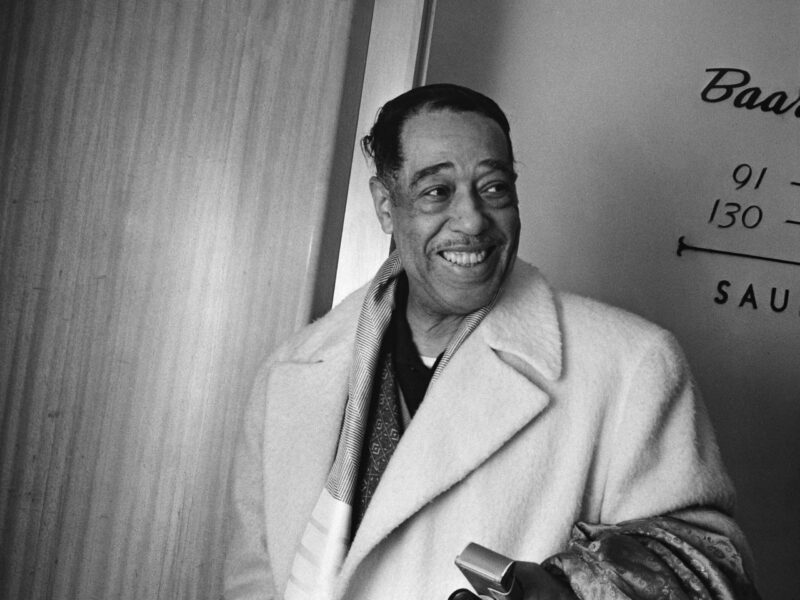In the mid-90s I had the opportunity to spend a glorious week in NYC at Teachers College, Columbia University as a Klingenstein Fellow. It made me a lifelong member of the “Klingons,” a community of all sorts of educators who share ideas and best practices. Recently, I have been exchanging emails about good books on educational leadership with a teacher and leader from a school in Vienna, Austria. Here’s a top-5 list I shared with her:
1. The best leadership book I’ve read in the past year is Understanding Michael Porter – The Essential Guide to Competition and Strategy (Harvard Business Review Press, 2012) by Joan Magretta. In fact, I got so revved up about it that I wrote the following review that appeared in the May 2012 issue of the KlingBrief, the Klingenstein’s e-newsletter:
Michael Porter, distinguished Harvard Business School professor, is a globally respected authority on competition and strategy. He has also founded three successful non–profits focused on philanthropy and economic development in distressed areas. Perhaps it took one of his colleagues to distill his complex ideas down to the comprehensible. Enter Magretta. At the core of the book are two concepts: the Value Proposition and the Value Chain. The former refers to the unique offer that a company (or school) markets to its clients. (The more one–of–a–kind the offer, the better.) The latter speaks to the critical activities that deliver that offer. Porter, via Magretta, argues that effective and successful companies and non–profits are those that not only have a clear understanding of both concepts but are also able to execute the relationship between them. The book offers numerous examples of corporations and organizations that have negotiated this relationship effectively as well as some that have not. Lest one dismiss this as simply another “business book,” this text might offer a better than usual catalyst for group analysis. There would be value in having groups of administrators and teachers read the book and devote time to discuss the Value Proposition and Value Chain.
After reading this book, I immediately convened a meeting of our most senior veterans mixed with our top “up-and-comers” and put 2 questions to them: 1) What is Hyde’s Value Proposition? 2) What is our Value-Chain? Then I put the same questions to our Board in June. Very lively discussions all around!
2. Purple Cow – Transform Your Business by Being Remarkable (2002) by Seth Godin. Awesome book on marketing. (And if you’re running a school, you are Director of Marketing whether you know it or not… and regardless of who may hold that actual title!) I went to one of Godin’s day-long workshops in Dobb’s Ferry, NY. It was one of the best pro development experiences I’ve had. Taught me that if you are a school and you are not remarkable… your days are numbered.
3. Leadership is an Art by Max Depree (1989). Depree’s Leadership Jazz (1993) is also great.
4. The Fifth Discipline – The Art & Practice of the Learning Organization (1990) by Peter Senge. The second chapter – “Does Your Organization Have a Learning Disability?” – just ten pages, should be required reading of anyone who tries to lead anything! Showed me that it’s so easy for a school to get so focused on the learning disabilities of its students that it can miss it when the whole damn place has one!
5. The Headmaster by John McPhee (1966). Although a bit dated and guilty in spots of a gender consciousness stuck in the 50s, this book grabbed me deeply when I was a 13 year old junior boarding school kid. The story of Frank Boyden’s 66 years (not a misprint) as head at Deerfield, the book deserves to be read simply because its subject is to “headmastering” what Babe Ruth is to baseball. To put it another way, just as every rock & roller today is jamming out with Chuck Berry guitar licks (whether he/she knows it or not), every head of school is doing Boyden stuff… whether he/she knows it or not…. Boyden also thought so deeply about what he was doing. One of his pearls of wisdom: “I never reprimand a boy after dinner… because darkness and a troubled mind are a bad combination for a teenager.” When I first heard that many years ago, I had 2 thoughts: 1) “Wow, that is some very deep stuff!” 2) “I don’t even know if he’s right, but I know he’s thinking about this stuff at a much deeper level than I am.” It inspired me to try to do the same. And that’s what great leaders do.
Onward, Malcolm Gauld


